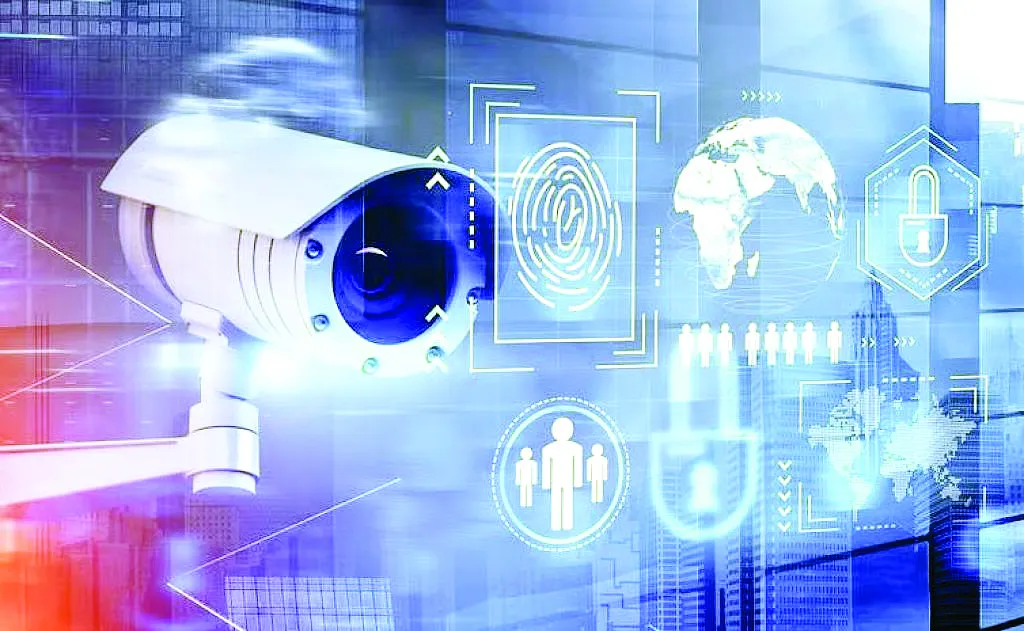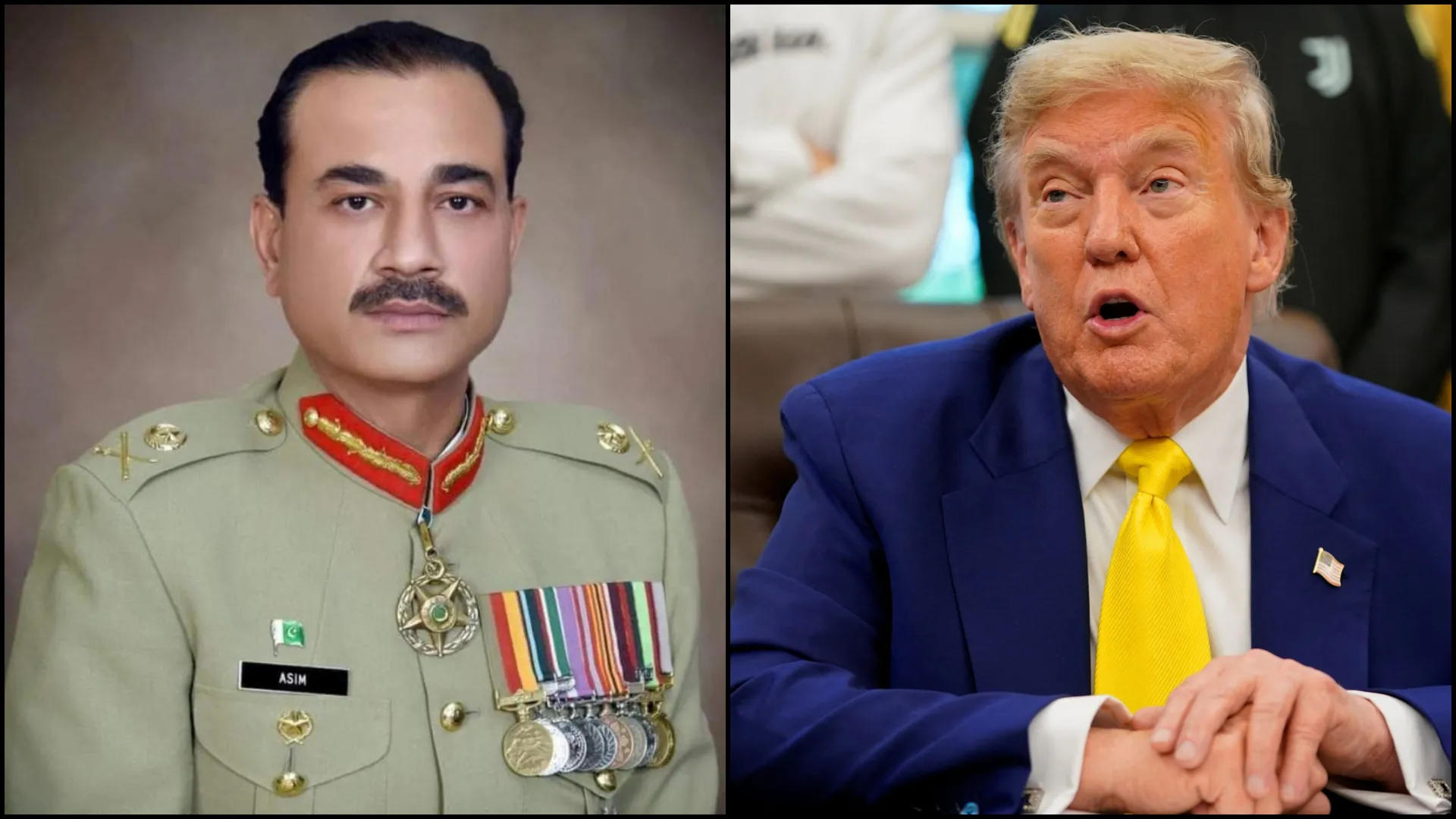The advent of emerging technologies such as artificial intelligence, facial recognition, and biometrics, in conjunction with geopolitical tensions between big powers such as China and the United States, has led to a conflicting relationship between national security and privacy. The interlinked concepts of national security and privacy are inseparable from technological advancement. While national security scholars underscore the dynamic and continually evolving nature of threats, the absence of a universally accepted definition of privacy complicates efforts to safeguard personal data, with both perspectives bearing significant implications for data protection frameworks.
The 21st century technological revolution presents a paradigm shift in the understanding of national security and the thinning of data protection and individual privacy. The geopolitics and tech war underlying these challenges are intricate. On the one hand, the United States model of data privacy and national security is deeply rooted in constitutionalism, judicial oversight, and the significance of individual liberty.
To contrast, the Chinese model, under the authority of the Chinese Communist Party (CCP), puts precedence on national security before individual rights. Privacy, as a concept, is deeply rooted in an individual’s relationship with society across the interplay of cultural, economic, and political contexts. Various legal theorists, scholars and thought leaders have attempted to define this concept.
Fundamentally, privacy at its core comprises the right to solitude, restricted access to the self, and the capacity to regulate the disclosure of personal information. Additionally, there is the issue of ethics as well as privacy. It is argued that the tools that allow for monitoring activities abuse individual rights and, thus the guidance on these should be applied by legislative authorities on issues which would breach the legal frameworks.
As a preliminary matter it can be said that the scale of surveillance happening today poses a myriad of problems, from the invasion of privacy to the distortion of state-society relations. There is considerable focus on the need for adequate privacy protection owing to bulk data collection for various public health interventions. There has been a major leap in data transfer and collection with the rise of digital technology in remote work, education, and health monitoring.
The proliferation of monitoring has made it impossible to discern between government and commercial spying. Both sectors rely on the same technology and operate through public-private partnerships. Surveillance technology, untamed AI-generated bots within the public sphere, and the distribution of deepfakes and disinformation means protecting one’s privacy, now more than ever, will be impossible.
As a result, the newest violation of human rights will flourish. Experts predict a surge in social crimes, violence, harassment, and any other offense that attacks a person’s security or rights. All of this seems to stem from the reality that more advanced AI will be introduced, which poses a grave fear of anticipated inflation, leading to job loss as a consequence and downward spiral into poverty, degrading the value of humanity.
People have a right to privacy basically for balancing state power and citizens’ interests, allowing development in democracy, creating social and economic progress, and enhancing individual liberty. Without it, free thinking and free speech, especially with modern technologies, including new media, social networks, etc., would not thrive. Respect for privacy has become an indispensable component in enabling the Internet to function as the information and communication backbone of modern society. The very fabric of freedom of speech, free association, and communication rests on the respect of that information community for privacy.
Surveillance is often viewed with disdain due to an entitlement perceived as the violation of people’s personal space. The underlying belief is that surveillance is intrinsically bad because the mere act of gathering data on individuals violates privacy whether this information is eventually misused or abused. However, it is necessary to critically analyze how this construction of privacy is being commonly defined and whether such surveillance-related activity can be summarily regarded as an incursion on human rights. India does not have a comprehensive data protection legal regime like the GDPR fleshed out by the European Union.
The absence of clarity about the law amplifies risks, especially in large data collection initiatives such as the Aadhaar and the NPR. The Supreme Court of India declared in the Puttaswamy case that the right to privacy is an integral component of the right to life and personal liberty under Article 21 as well as the freedoms protected by Part III of the Constitution.
Speaking of the European GDPR, although it imparts rights to individuals to self-determine the use of their personal data, it remains vague on the timing when national security generally upsurges above the very basics of privacy rights. The regulation provides, within Article 23, a national security exemption, with not much clarity as to its application; hence businesses are left at a loss regarding the treatment of data erasure requests borne out of security concerns. (Council on Foreign Relations, 2019) The European Union does not possess the self-governing capacities regarding the national security domain, such as the statutes and adjudication of privacy rights through state intelligence agencies.
It can, however, monitor the privacy rights of extraterritorial espionage companies that are supplied personal information from the EU markets or society members. The four bilateral treaties with the United States are supposed to protect citizens of other countries, their public policies restrict the scope of dissemination and protection for data of EU origin and EU citizens. The geopolitical situations and precedents of terror in the Indian environment endorse the institution of a medium of watchful surveillance to disrupt terror designs, cover terrorist movements, and to upkeep the integrity and safety of the nation and its citizens.
Scholars have suggested that countries under severe internal pitfalls, no matter their income standing, may be motivated to invest in their citizens’ surveillance so as to give protection for them. Judicial oversight of surveillance conditioning should be institutionalized in order to avoid abuse of power. Independent review mechanisms, similar as assigned courts, can ensure that surveillance adheres to constitutional principles. Independent review mechanisms, including public reporting on surveillance practices, are pivotal for fostering responsibility.
More investments in cybersecurity and privacy-enhancing technologies can mitigate the risks associated with data breaches and unauthorized access. The balance between national security and personal privacy must be guaranteed by political leaders through the use of open oversight, a legal system, and technical solutions. Priorities must be set by politicians along both fronts.
Not only should they seek to justify practices that calculate on monitoring but also constantly, while taking care to uphold the public interest, not only should they seek to justify practices that rely on monitoring but also constantly, while taking care to uphold the public interest, evaluate such systems against possible breaches of individual rights as well as democratic ideals.
Adapting the legal frameworks should find a balance between security and privacy amid advances in technology and increasing safety threats, thereby ensuring a safe environment for persons. As technology continues to evolve, these questions will take on increasing importance in shaping the future of privacy in our society. Krithika Chandrashekara Jamkhandi, LL.M. Intellectual Property Rights and Technology Law, School of Law, RV University.























